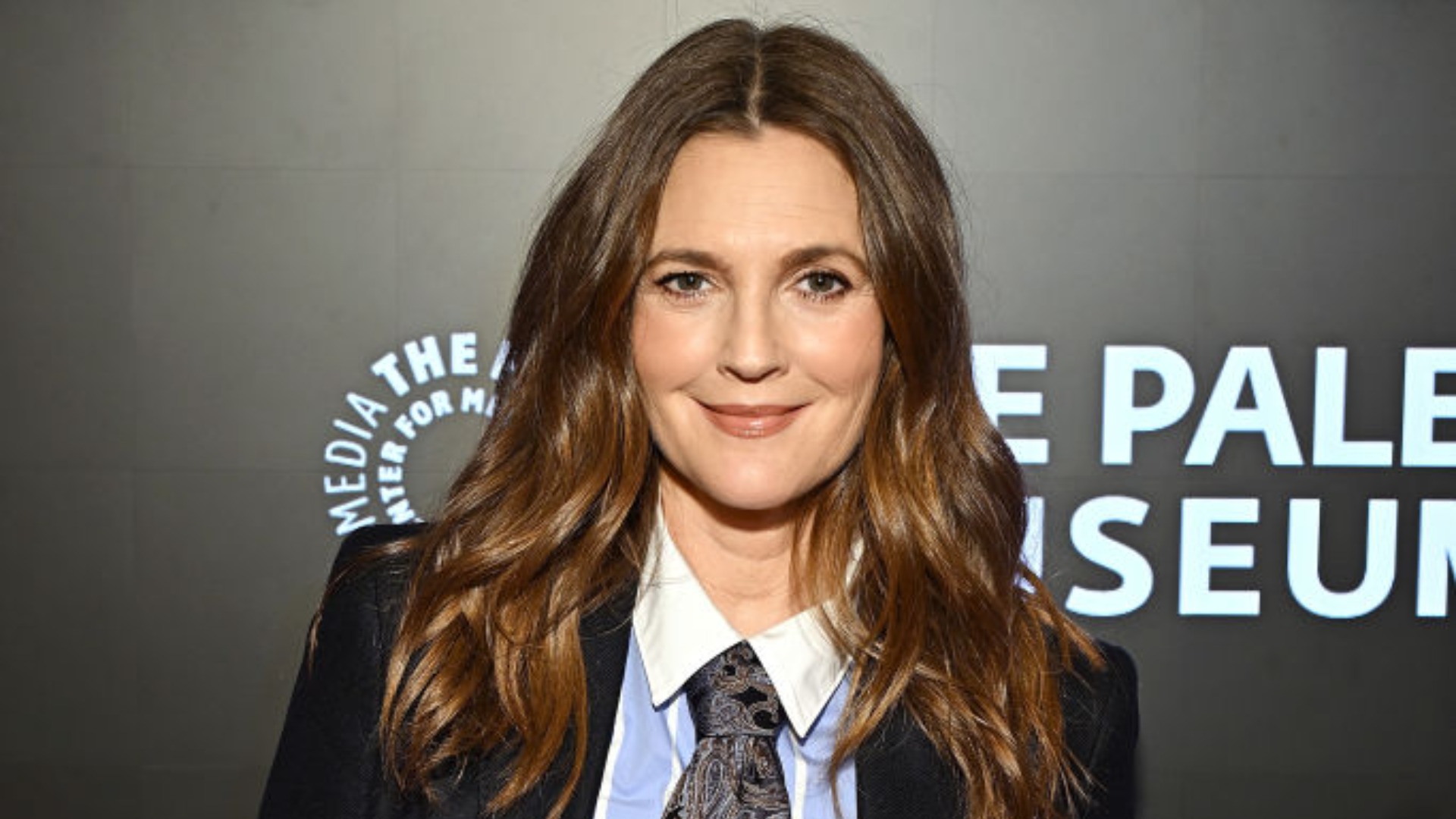
Drew Barrymore has opened up about the mental toll perimenopause has taken on her, explaining the barrage of symptoms she's been hit with since entering this phase.
Drew Barrymore had her first perimenopause hot flash on TV with Jennifer Aniston, and was subsequently hit with a cascade of perimenopause symptoms that left her feeling confused and 'struggling so much' mentally. The actress is one of many celebrities being vocal about their experience with the vast number of issues faced by women as they head towards and hit menopause.
Following the first hot flash experienced by the star, she knew perimenopause was well underway when her periods then got heavy and erratic. During a TV discussion for CBS Mornings, Drew recalls, "I started having my period every two weeks," with a heavy flow she compared to being "like a teenager." Alarmingly, when she sought medical attention for this, doctors appeared inexperienced in dealing with perimenopause and told her menstruation could continue to be heavy and unpredictable for up to a decade, but didn't offer much in the way of solutions.
After turbulent periods and hot flashes, Drew hit a period of weight gain that she didn't associate with perimenopause at the time. During a segment of her series, the Drew Barrymore Show, she was frank about how rapidly this happened. "It felt like it happened overnight," she said, adding, "It was 27 pounds in what felt like overnight."
Although research shows that gaining weight in perimenopause is common, understanding the reasons for it can be key to managing it. In perimenopause and menopause, large shifts in oestrogen and progesterone levels can result in loss of muscle mass, burning fewer calories, and weight gain. Stress and related cortisol release can impact this also. Drew was simply told to cut out gluten, dairy, alcohol and caffeine, again with little explanation.

This is why tailored menopause care is required to ease symptoms - hormone levels need to be measured, and targeted advice offered to women for their symptoms. Not understanding reasons for weight gain or using blanket methods that might not work to shift unwanted weight is unhelpful, and won't get the required results.
Already caught off guard by the symptoms discussed, Drew was thrown a further curveball when she struggled with mood swings that come with perimenopause. Revealing that she was already "struggling so much" mentally, the star explains "You go through an emotional rollercoaster, and you don’t know what’s happening, and there aren’t indicators there to help it make sense to you, so you just do whatever it is you can to be calmer so that you will be better for yourself, as well as those around you."
Currently, Drew has decided not to use hormone treatments for her symptoms, opting for what she deems a more natural approach. She uses supplements which doctors suggest can sometimes be unregulated and lack an evidence base for effectiveness - anyone using them should do plenty of research and make sure they know exactly what they're taking.
She's also learning to prioritise self-care and taking time to care for her mental health. Adopting healthier lifestyle habits is something a lot of women could do with, although finding the time is never easy. But if it's something that helps ease the mental burden of perimenopause in the long run, it's definitely worth trying to carve out time for.







